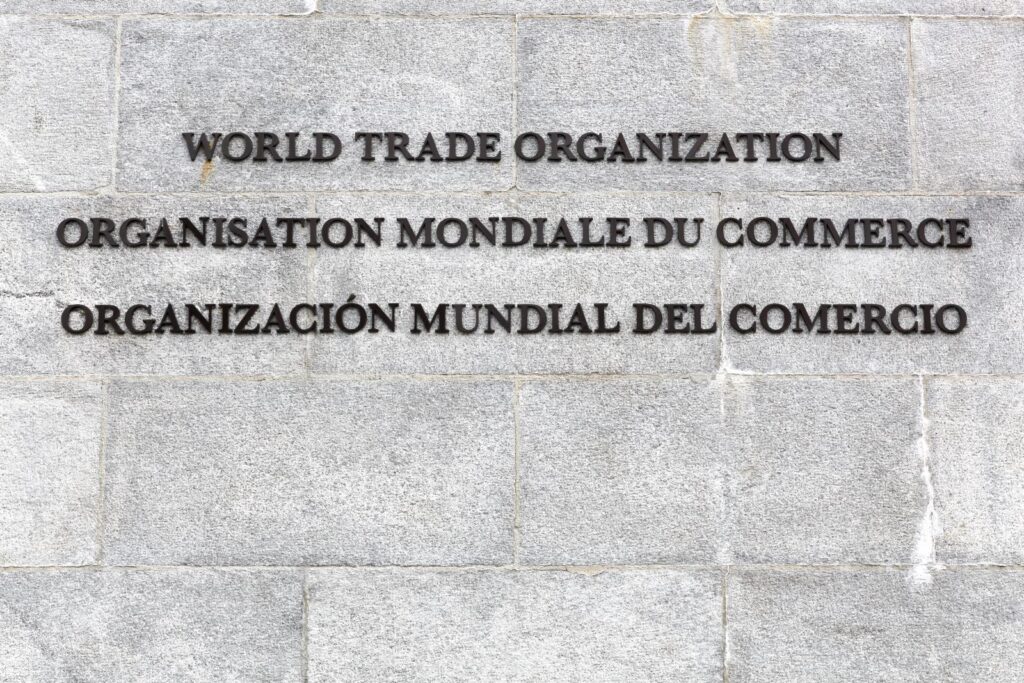Brexit: what would trading under WTO rules mean?

For UK and European Union (EU) businesses concerned about their trading arrangements post-Brexit, risk mitigation should be the priority.
The greatest commercial risk from Brexit remains a no-deal scenario where the UK and EU may need to fall back on World Trade Organisation (WTO) rules for their trading and tariff arrangements. But what does trading under WTO rules mean in practise?
Put a plan in place
All manufacturing companies that import or export goods from or to the EU without a formal trading agreement in place, need to have a plan formulated to counteract threats that include:
- Higher tariffs. Every WTO member has a list of the tariffs it applies to imported goods, plus quotas. In the event of a no-deal Brexit, the UK government has issued a list of proposed tariffs of imports into the UK and, for a transitional period are similar to EU levels, but these may still pose problems for companies with long and complex supply chains.
- ‘Non-tariff’ barriers. This includes areas such as product standards and safety regulations. The EU could, in theory, begin imposing checks on UK products at borders immediately after Brexit, even if the UK changes none of its rules. This would lead to significant delays.
- Logistics disruption. Delays at channel ports regarding the delivery of goods inwards and outwards are a particular risk for companies handling perishable goods. For example, food suppliers delivering to supermarkets and operating on the ‘just in time’ principle.
Also at risk are regulated clients requiring ‘passporting rights’ – typically financial services and the legal profession.
Cross-border agreements
However, EU and UK regulators have been working to build cross-border agreements and most institutions have had plans in place for some time, establishing a trading footprint where necessary.
Practical advice is difficult when the outcome remains unclear. Seeking to avoid doubling-up on customs duties is fine in theory but there may be sound commercial reasons for goods to flow into either the UK or E27 countries and out again that cannot be easily changed.
Client priorities for both sides include the review of incoterms for trading, and practical issues such as obtaining VAT and Economic Operators Registration and Identification (EORI) numbers. However, even minor contract changes to trading terms may significantly increase the risks for individual businesses, particularly in big fish/little fish scenarios.
We are also seeing clients consulting with their distribution and logistics partners who are often best placed to advise on the day-to-day issues affecting the movement of goods and supply chains. Companies are also revisiting their supply chains, exploring the possibility of avoiding certain pressure points, such as the Dover-Calais crossing.
Not all the problems can be solved but businesses will do best if they at least understand and quantify their risks. Businesses cannot rely on politicians but must place their future in their own hands.
For more information, contact:
Stephen Drew
Smith & Williamson
T: 020 7131 4056
E: stephen.drew@smithandwilliamson.com
W: www.smithandwilliamson.com
Smith & Williamson’s disclaimer: by necessity, this briefing can only provide a short overview and it is essential to seek professional advice before applying the contents of this article. No responsibility can be taken for any loss arising from action taken or refrained from on the basis of this publication. Details correct at time of writing 1 April 2019.
,Share:
